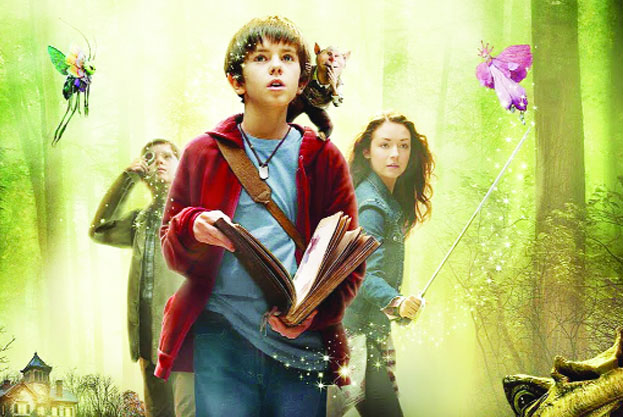Akhila Magotra
In the magical world of childhood, where imagination knows no bounds and curiosity reigns supreme, storytelling stands as a beacon of wonder and possibilities. But beyond the enchanting tales and fanciful characters lies a profound truth-one that science is only just beginning to unravel.
Recent research suggests that storytelling not only captivates young minds but also plays a pivotal role in shaping children’s neurobiological development, laying the foundation for lifelong learning and emotional well-being. At the heart of the relationship between storytelling and neurobiological development lies the intricate dance of neural connections and pathways within the developing brain. From the moment a child is born, their brain is a hive of activity, rapidly forming synapses and neural circuits that underpin crucial cognitive, emotional, and social functions. Let us delve a little deeper into the transforming power of storytelling by joining little Eisham- a preschooler in her journey of stories.
In the cozy corner of a bustling preschool classroom, a group of wide-eyed children gathers around their teacher, eager for another adventure in the world of storytelling. Among them is Eisham, a curious four-year-old with a penchant for imagination and wonder. As their teacher begins to spin a tale of fairies, kings, Unicorns and far-off lands, her eyes light up with excitement, her imagination taking flight on the wings of the storyteller’s words.
For Eisham, storytelling isn’t just a pastime-it’s a journey of discovery, a window into worlds unknown. With each turn of the page, she delves deeper into the story, her young mind soaking up every detail like a sponge. As she listens, her brain is a hive of activity, neurons firing and synapses connecting in a dance of neural magic. But the impact of storytelling on Eisham’s neuro-development goes far beyond mere entertainment. Through the characters she encounters and the challenges they face, Eisham learns valuable lessons about empathy, resilience and the power of imagination. As she follows the trials and triumphs of her favorite characters, she begins to see herself reflected in their struggles and successes, forging a deep connection with the stories that shape her understanding of the world. As she listens to stories, her brains are abuzz with activity, with regions responsible for language processing lighting up like constellations in the night sky. Exposure to rich and varied narratives stimulates vocabulary growth, enhances comprehension abilities, and lays the groundwork for fluent reading and writing
As she grows, so too does her love of storytelling. From picture books to chapter novels, she devours stories of every shape and size, each one leaving an indelible mark on her young mind. Through the pages of her favorite tales, she explores new worlds, encounters diverse cultures, and grapples with complex emotions, all from the safety of her own imagination. And as Eisham’s journey continues, so too does her appreciation for the storytellers who have guided her along the way. From her parents reading bedtime stories to her teachers sparking her curiosity with tales of adventure, she knows that she owes a debt of gratitude to those who have shared the gift of storytelling with her.
As we reflect on Eisham ‘s journey, we are reminded of the profound impact that storytelling can have on the developing mind of a child. Through the power of narrative, preschoolers like Eisham are able to explore new worlds, cultivate empathy and understanding, and unlock the boundless potential of their imagination. And as they embark on their own adventures in the world of storytelling, we can only imagine the wonders that await them.
For parents and caregivers, this serves as a gentle reminder of the importance of incorporating storytelling into the daily routine of toddlers and preschoolers. By sharing stories with young children, whether through books, oral traditions or imaginative play, parents and caregivers can provide invaluable opportunities for social, cognitive, language, and emotional development. Through the magic of storytelling, children like Eisham are not just entertained-they are empowered to explore, learn, and grow into confident, compassionate individuals ready to embark on their own adventures in the world. There have been numerous studies conducted in the recent past which corroborate the effects of storytelling on children’s development, particularly in the areas of social, cognitive, language, and emotional skills. So let us as parents, educators and caregivers start a voyage of storytelling with our toddlers and preschoolers. Happy Storytelling!
(The author is an Early Childhood Educationist & Social Entrepreneur)
Trending Now
E-Paper


